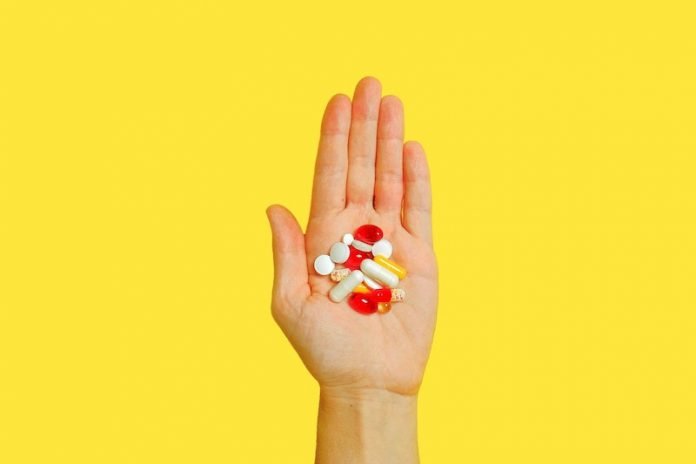
What is it? Evusheld is a monoclonal antibody, but different than the other medications listed above. It combines two drugs, tixagevimab and cilgavimab.
It is not designed to treat COVID-19; rather, its purpose is to keep immunocompromised people who do not respond to vaccination from getting sick.
Developed by AstraZeneca, it is the first long-acting antibody to receive an EUA for pre-exposure prevention of COVID-19.
When it was authorized: December 2021.
Who can take it: Anyone 12 years or older who weighs at least 88 pounds and is at risk for severe illness—or those who cannot receive COVID-19 vaccines.
Anyone taking the medication should have neither an active COVID-19 infection nor been recently exposed to a close contact who is infected.
How you take it: A health care provider will give one dose of Evusheld in the buttocks in two separate injections (of tixagevimab and cilgavimab, respectively), one after the other, with repeat doses every six months, while SARS-CoV-2 remains in circulation.
Patients will be monitored for an hour after each injection.
In March, the dosage for Evusheld was doubled, so patients who received the two injections prior to the change in dosage recommendations should talk to their doctor about the need to repeat treatment.
Side effects: Any intramuscular injection can cause hypersensitivity, pain, bruising, soreness, swelling, possible bleeding, or infection at the injection site.
Tell your health care provider if you experience any allergic reactions during and after an injection. Serious but uncommon cardiac adverse events have occurred in the clinical trial.
Contact your health care provider or get medical help right away if you have any symptoms of cardiac events, including pain, pressure, or discomfort in the chest, arms, neck, back, stomach, or jaw, as well as shortness of breath, feeling tired or weak (fatigue), feeling sick (nausea), or swelling in your ankles or lower legs.
Because Evusheld is still being studied, it’s possible that all of the risks aren’t yet known.
How it works: It combines two antibodies with different—and complementary—activities against the SARS-CoV-2 virus.
How well it works: According to a clinical trial, there was a 77% reduction in chances of getting COVID-19 initially; 83% six months after the treatment, according to the FDA news release.
AstraZeneca says the drug should be effective for a year. It’s important to note that the exact efficacy against the latest variants is still unclear.
(Note: Because the trial did not include immunocompromised patients, it is also unclear If the 77% reduction would apply to those who are immunosuppressed.)
What else you should know: Evusheld is intended as an additional benefit for those who may not respond to vaccination or who cannot be vaccinated.
People who get Evusheld may need to receive additional doses for ongoing protection if new variants emerge.
The best timing for additional doses, if needed, is not yet known; it will depend on which SARS-CoV-2 variant is in circulation.
If you care about COVID, please read studies about antibodies that can neutralize Omicron, and this low-cost drug can treat COVID-19.
For more information about COVID, please see recent studies about new drug that could prevent COVID-19, and results showing for people over 50, even ‘mild’ COVID 19 can cause dangerous health problems.



